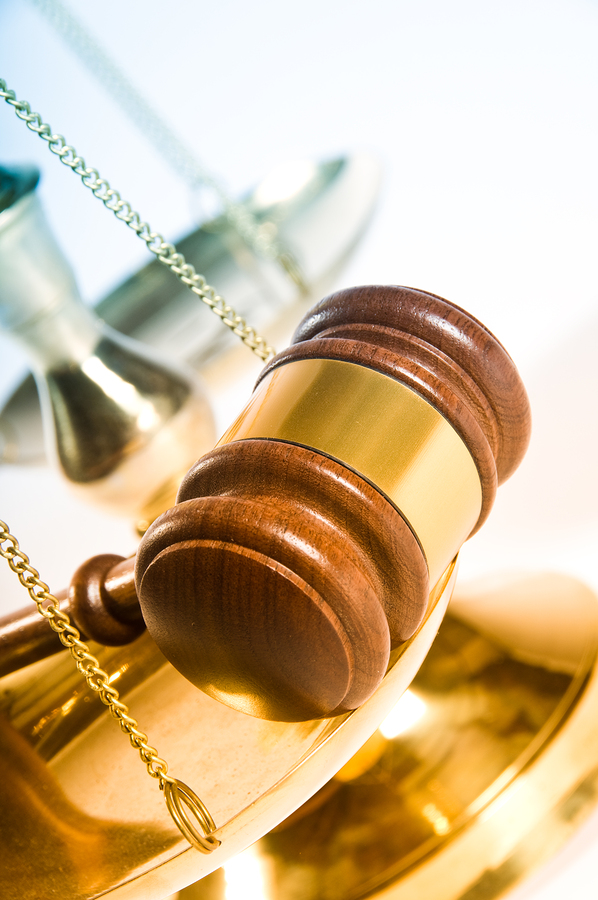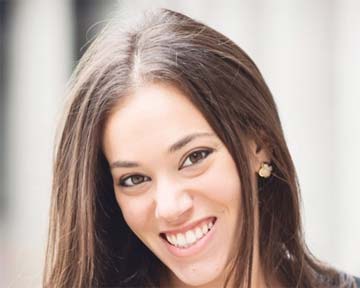
Trump was not present, but attendees included Senate Majority Leader Mitch McConnell, R-Ky., who has made it a focus to transform the judiciary, and former White House counsel Donald McGahn, who personally recommended to Trump that he nominate Justices Neil Gorsuch and Brett Kavanaugh for the Supreme Court.
"Confirmation is a political decision based on who controls the Senate," McConnell told those gathered. "My goal is to confirm as many circuit judges as possible."
As of now, the Senate has confirmed 29 circuit judges. More will be confirmed before the end of the current Congress, according to McConnell.
While media attention has largely focused on Trump's Supreme Court appointees, he came into the presidency with an uncommon number of vacancies for judges to federal appeals courts. The Republican-led Senate held up numerous federal bench appointments made by the Obama administration, including that of Supreme Court nominee Merrick Garland.
According to the Heritage Foundation's Judicial Tracker, as of Nov. 13, of his second year in office, Trump had 84 appointments, Obama had 43 appointments, George W. Bush had 80 and George H.W. Bush had 71.
The lifetime appointments fulfill Trump's campaign promise to remake the federal judiciary by packing the courts with conservative judges. The nominations were aided by the Republican-controlled Senate and changes in chamber rules that call for just a simple majority in the confirmation of federal judges, including Supreme Court justices, instead of the 60 votes required earlier.
Thursday's black-tie affair, held at Washington D.C.'s a Union Station, came 10 days after midterm election results cemented a larger Republican majority in the Senate. With an enhanced majority, Trump will be able to deepen his imprint on the federal judiciary and the Senate will be able to continue confirmations for two more years.
"Trump received nine of 10 Republican votes," McConnell said, praising Trump's "political instinct" to create and publicize a list of possible Supreme Court nominees during his 2016 campaign for the presidency.
The list - brainstormed by McGahn and Federalist Society executive vice president Leonard Leo - was comprised primarily of Federalist Society members.
The single biggest reason Republicans who had reservations about Trump as their nominee ultimately voted for him was "the list," McConnell said, adding that "it was extremely reassuring to my members."
When Supreme Court Justice Antonin Scalia died in early 2016, McGahn was with Trump for a Republican primary debate in South Carolina.
The first question posed by moderator John Dickerson was about potential replacements for Scalia. Without pause, Trump mentioned William Pryor and Diane Sykes, two conservative U.S. Court of Appeals judges.
That was the beginning of "the list," McGahn said at Thursday's gathering. Soon thereafter, at a news conference in late March 2016, Trump said, "I'm going to submit a list of justices, potential justices of the United States Supreme Court that I will appoint, from the list - I won't go beyond that list."
The names went public after the Indiana primary two months later, when Trump became the presumptive party nominee.
According to Alliance for Justice, 83 percent of Trump's nominees confirmed as circuit judges are members of the Federalist Society, which was founded during the Reagan administration and advocates for "originalist" and "textualist" interpretations of the Constitution. Ninety percent of those whose nominations are pending are Society members, too.
Sen. Orrin Hatch, R-Utah, recipient of the legal organization's public service award, called himself "one of the original Federalists." Admittedly, he was skeptical of the organization - at first, viewing it as "a bunch of stuffy white guys getting together to talk about the Constitution."
Now, he said, "The judiciary has no greater friend than the Federalist Society."
Hatch concluded his acceptance remarks by addressing accusations that Trump outsourced his judicial selection process to the Federalist Society.
As the judiciary will determine the future of free speech, the administrative state and free liberty, he said, "keep those judges coming."
Deanna Paul covers national and breaking news for The Washington Post. Before joining The Post, she spent six years as a New York City prosecutor.
Previously:
• 09/28/18: Death row inmates ask for execution by firing squad to avoid 'torturous' drug cocktail
• 08/02/18: Are they deadly? Are they free speech? Explaining 3-D printed guns
• 07/20/18: Trump promised to remake the courts. He's installing conservative judges at a record pace
• 07/19/18: Meet the man who might have brought on the age of 'downloadable guns'
• 07/13/18: Burgular who broke into an escape room repeatedly called 911 when he couldn't escape, police say


 Contact The Editor
Contact The Editor
 Articles By This Author
Articles By This Author